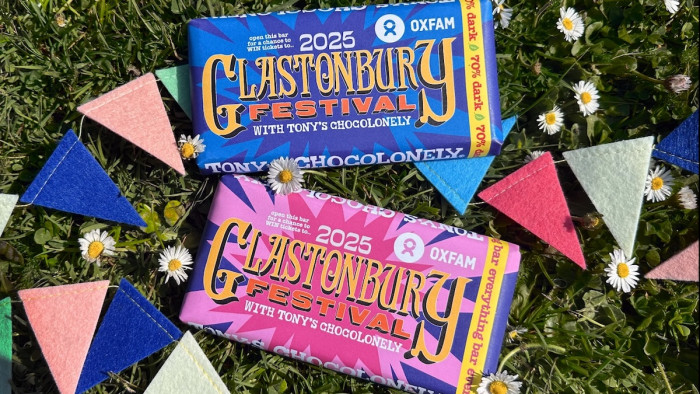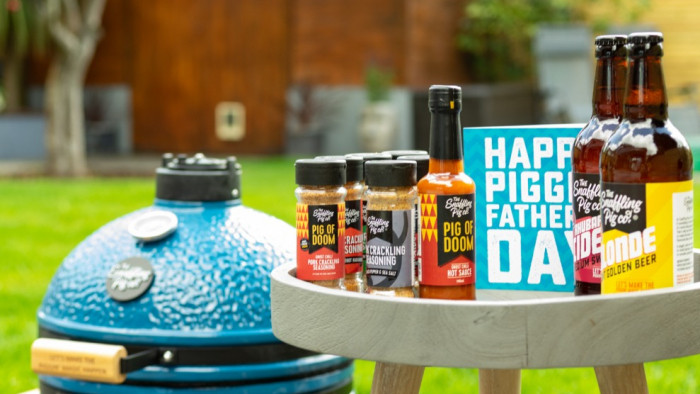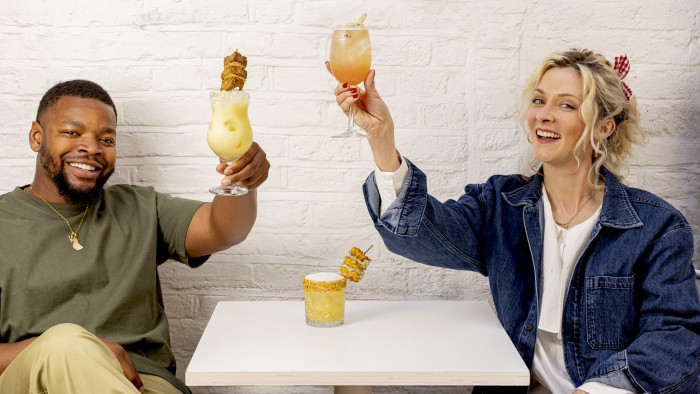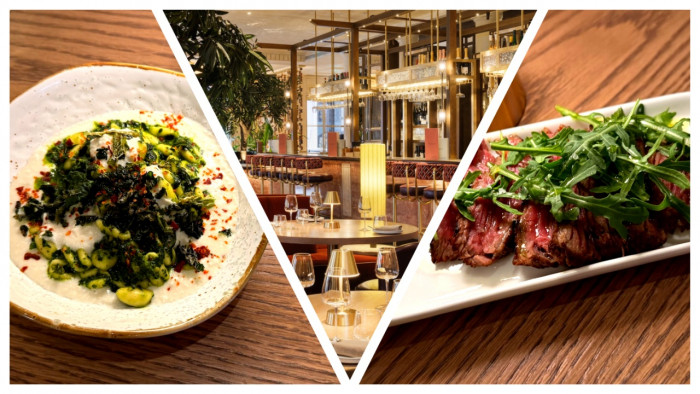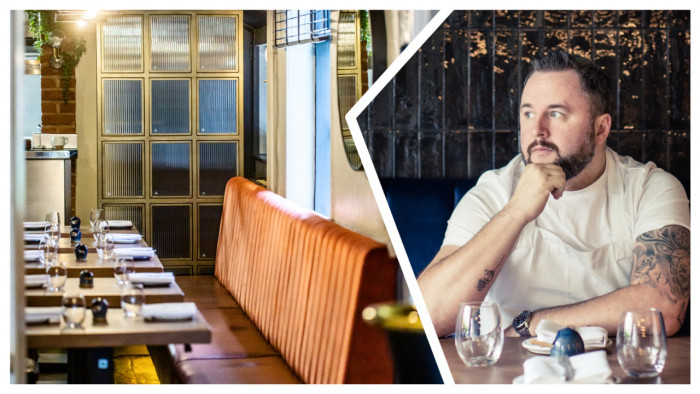British people have got so posh we now prefer smoked salmon to bacon
Gone are the days of a mug of tea and a bacon sarnie


When you’re too exhausted and dead inside to even crawl to McDonald’s before the breakfast menu is over, there’s only one cure to a hangover, right? A bacon sandwich, preferably prepared by someone else and then personally brought to your sweaty Netflix duvet cave.
Or maybe you’re fancy. Maybe what you actually want, what you really, really want, is some smoked salmon?
According to a new study, Brits would prefer smoked salmon or a protein shake for breakfast, eschewing the traditional menu of tea, bacon and baked beans on toast. We’re even more likely to drink champagne at breakfast than we are to tuck into a bacon sarnie.
The data comes from the Department of Environment, Food and Rural Affairs’ yearly Family Food Survey.
And the data shows a pretty big difference between our tastes in 1974 – when the survey was first conducted – and today.

(Image: Bateaux London)
We eat fewer baked beans, for a start – 100g in 1974 has fallen by 17 per cent to 83g in 2015. We only eat two rashers a week of bacon compared to the six we had in 1974 – a nearly 50 per cent decrease.
And coffee is overshadowing tea by quite some way – tea consumption has dropped by 64 per cent since 1974, while coffee purchases have increased by nearly 17 per cent. This is partly accounted for by the mid-nineties boom in coffee outlets – the number of which grew over 850 per cent between 1993 and 1997.

Healthy food purchases have increased by 1200 per cent – which probably accounts for our taste for smoked salmon.
You may also be unsurprised to hear that we’re much more reliant on convenience food – ready meals, takeaways and products like pre-cut veg have increased by 378 per cent. So basically we want to be healthy but are too lazy to properly get on with it. Sounds about right.
The department has also provided a ‘food timeline’ outlining the ways our relationship to food has changed since the 1940s, including wartime rationing, the opening of the first supermarket in the 1950s, and the huge increase in the use of fridges and freezers (yes, really) – only 8 per cent of people owned a fridge in the 1950s, and in the 1970s only 3 per cent of people owned a freezer.
[Image credit: Bateau London)
Latest
Related Reviews and Shortlists


Ten things you need to know about Hyrox


